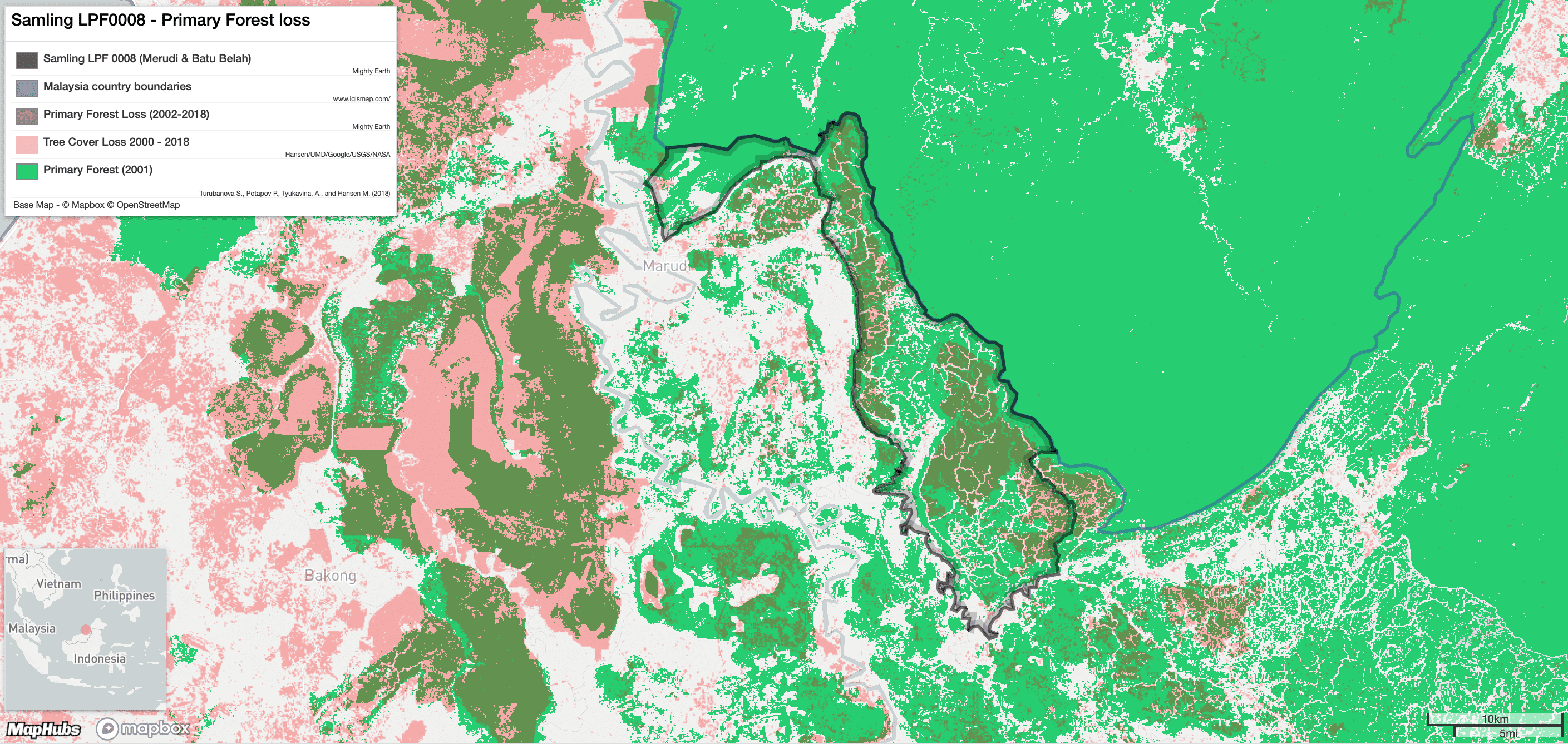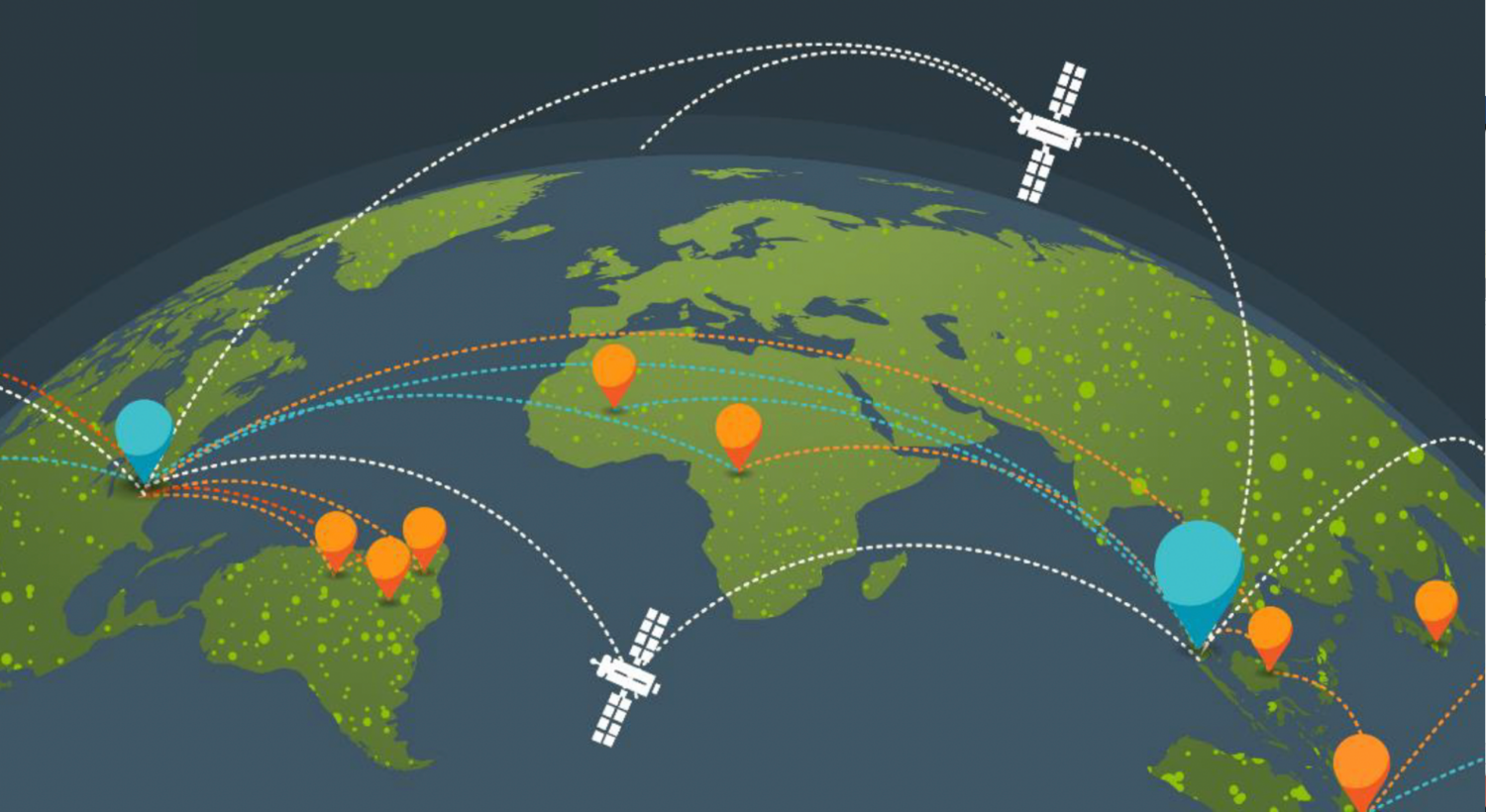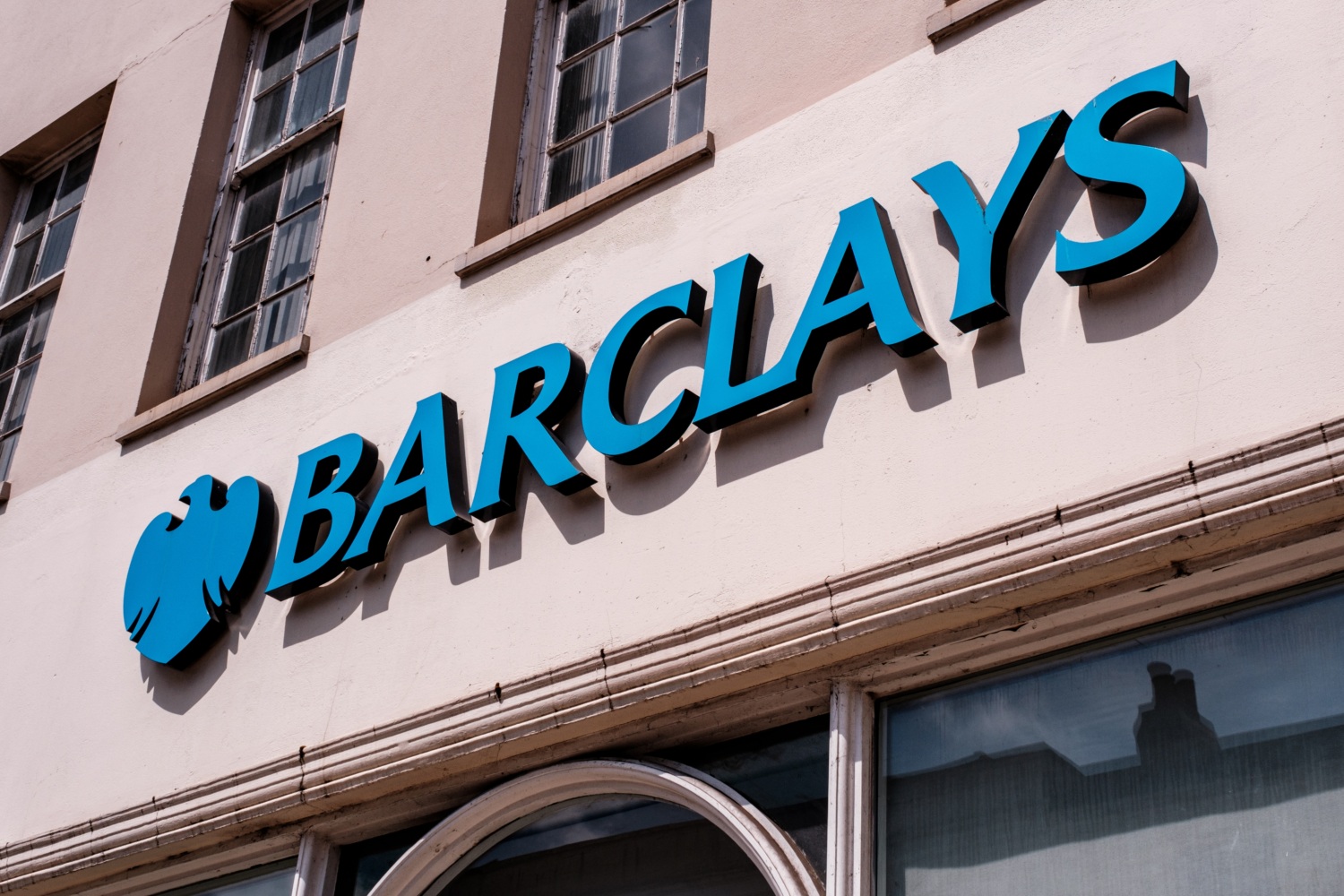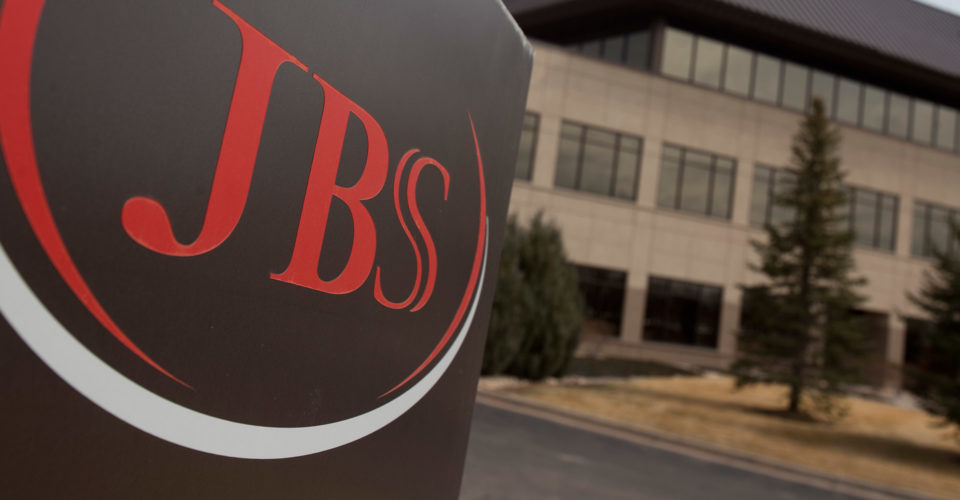
Unilever, Mars, Hershey, and World’s Largest Palm Oil Traders Suspend Rogue Supplier Over Its Relentless Deforestation
Notorious tycoon-owned timber and palm oil conglomerate Samling scrambles to adopt sham “No Deforestation” policy to keep customers while continuing to destroy rainforests
Some of the world’s largest consumer goods brands and their palm oil suppliers have suspended one of Malaysia’s most notorious timber and palm oil conglomerates, Samling Group, due to its relentless deforestation. To date, major consumer brands including Unilever, Mars, and Hershey – as well as palm oil traders including ADM, Bunge, Cargill, IOI, KLK, Louis Dreyfus, Sime Darby, Fuji Oil, and Wilmar (the world’s largest palm oil trader) – have suspended Samling from their supply chains.
As part of its Rapid Response deforestation monitoring program, Mighty Earth has documented at least 886 hectares of deforestation during the period September 2018-March 2020 in Samling’s timber plantation concessions in Sarawak, Malaysia.
Samling’s palm oil operations cover around 40,000 hectares in Malaysia and Indonesia, whereas its industrial tree plantation licences in Sarawak cover over 200,000 hectares, an area over five times the size of Singapore.
“Unilever, Mars, Hershey and others have acted swiftly by instructing their palm oil suppliers to impose a procurement suspension of Samling for its global supply chain. Samling has responded to these suspensions with a desperate bid to keep its remaining palm oil customers – not by halting all its forest clearance, but by holding up a shiny policy with one hand to distract its customers while continuing deforestation with the other hand,” said Mighty Earth Senior Campaign Director Deborah Lapidus.
A Samling-owned palm oil company – Glenealy Plantations – has declared a moratorium on further oil palm development and issued a no-deforestation policy. However, the new policy fails to stop Samling’s largest source of ongoing deforestation – its continued expansion of monoculture timber plantations. In addition, Glenealy’s oil palm land bank is mostly developed already, making the impact of the new policy minimal.
Palm oil trader Sime Darby informed Mighty Earth that: “We would like to confirm that we have notified Samling that we will no longer be sourcing from them due to concerns raised by our key customers. Central to these concerns is the adoption of NDPE [No Deforestation, No Peat, and No Exploitation] commitments across the whole Samling Group, and not just for Glenealy Plantations.” Fuji Oil, another palm oil trader, has also suspended Samling on the basis that its continued deforestation is not aligned with Fuji Oil’s Palm Oil Sourcing Policy and group-level association.
Publicly available mill sourcing lists and other data indicate that companies including BLD Plantations (KTS Group), Sarawak Oil Palms (Shin Yang Group), Nestlé, Mondelez, and PepsiCo have yet to take action to exclude Samling from their supply chains, despite having No Deforestation policies.
“In our outreach to Samling’s palm oil buyers, many stated that they didn’t need to take action because Samling’s deforestation was for timber, not palm oil. But a rainforest being destroyed for timber plantations is just as bad as a rainforest being destroyed for palm oil, and the profits are going to the same shareholders of the Samling group. There is no excuse for a company with a No Deforestation policy to be buying from rogue deforesters like Samling, plain and simple,” said Lapidus.
Founded by Datuk Yaw Teck Seng over 50 years ago, the Samling Group has a long track record of forest destruction and violations of the rights of indigenous peoples. In 2017, a coalition of Burmese civil society groups published a report detailing land grabbing, indigenous rights violations, and environmental problems in Samling’s palm oil operations in Myanmar. Findings included Samling’s role in the pollution of local water sources and clear-cutting of forests inside a proposed national park that is home to endangered tigers. A February 2020 article by The Sarawak Report, a NGO run by a British investigative journalist, alleges that a Samling-related company in Papua New Guinea has failed to “pay four indigenous groups nearly USD$100 million in compensation for large-scale illegal logging, environmental destruction and serious human rights abuses related to the Kiunga – Aiambak road project in Papua New Guinea.” This finding is based on a 2011 Papua New Guinea court judgment. A 2002 Greenpeace International report on this ‘road project’ (‘Partners in Crime’) described it as an unlawful, destructive ploy to open up new areas of rainforest for logging.


